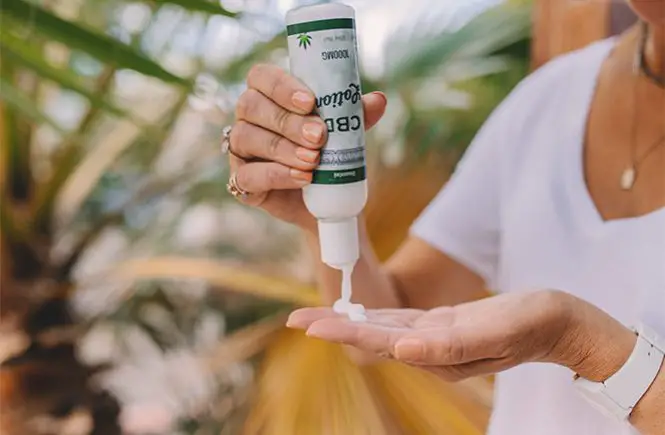Understanding How CBD Can Help with Skin Problems: Key Insights

CBD and Skincare: A Practical Guide
CBD, derived from the cannabis plant, is renowned for its anti-inflammatory properties and pain relief capabilities. It comes in various forms, including oils, capsules, and even CBD-infused sweets and gummies, which are particularly popular in the UK.
Recently, CBD has gained attention in the skincare industry for its potential benefits in addressing various skin conditions. Let’s explore how CBD might be the solution you’re looking for.
Understanding CBD
CBD is extracted from the cannabis plant but does not have the psychoactive effects typically associated with marijuana, meaning it won’t get you ‘high’.
It works by interacting with the body’s endocannabinoid system, which helps maintain balance across various bodily functions, including digestion, immunity, and appetite. CBD supports this system, enhancing overall health and well-being.
CBD’s ability to reduce inflammation naturally makes it a favorable alternative to some commercial medications, helping to manage pain and reduce symptoms like redness and swelling.
Common Skin Issues
Before delving into CBD’s skincare benefits, it’s important to understand the common skin conditions it may help manage:
- Acne: Often appears as pimples, blackheads, and whiteheads, caused by clogged hair follicles.
- Eczema: Features dry, itchy, and red skin, usually from an overactive immune response.
- Psoriasis: Identified by red, itchy, and scaly patches, this is a result of the immune system mistakenly attacking healthy skin.
- Rosacea: Characterized by facial redness, visible blood vessels, and small bumps, often triggered by environmental factors like sunlight and stress.
CBD’s Potential Skin Benefits
CBD’s anti-inflammatory properties may help with various skin ailments:
- Acne: CBD might reduce inflammation and regulate oil production, potentially preventing acne. It could also inhibit bacteria that trigger acne.
- Eczema: CBD may reduce eczema’s inflammation and itchiness, offering relief by modifying the immune response.
- Psoriasis: The anti-inflammatory action of CBD might relieve symptoms of psoriasis and slow down skin cell turnover.
- Rosacea: For those with rosacea, CBD could lessen inflammation and help manage oil production, particularly beneficial for oily skin.
Choosing the Right CBD Product
For skin issues, the form of CBD you choose is crucial. Options include topicals, oils, and capsules, with topicals often being the preferred choice for targeted application.
When selecting a CBD skincare product, look for those with high-quality CBD and beneficial ingredients like aloe vera, vitamin E, and essential oils. Products tailored to specific skin types or conditions can be particularly effective.
Remember, the FDA does not regulate CBD products. Always conduct your own research and choose reputable brands that provide third-party lab test results.
Safe Usage of CBD
CBD is generally safe, but ingestion can lead to side effects such as dry mouth or fatigue. It’s important to consult with a healthcare provider before using CBD, especially if you take other medications.
For topical application, start with small amounts to test your skin’s reaction and avoid using on open wounds or irritated skin.
Navigating the CBD Market
Research is key when selecting a CBD brand. Opt for transparent brands that detail their sourcing and extraction methods and provide external lab results. Read customer reviews and choose established brands known for their quality. Ensure any CBD product you purchase complies with legal standards.




